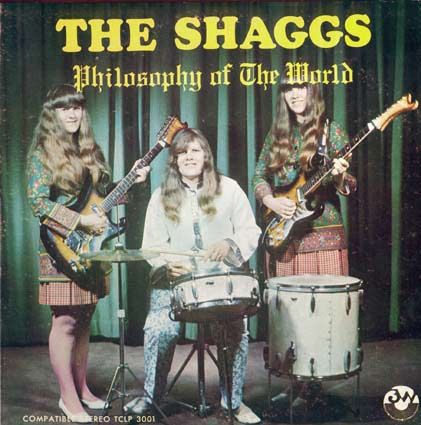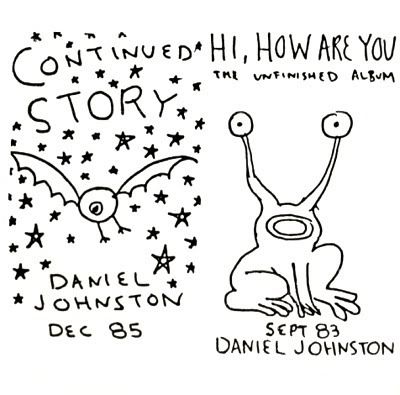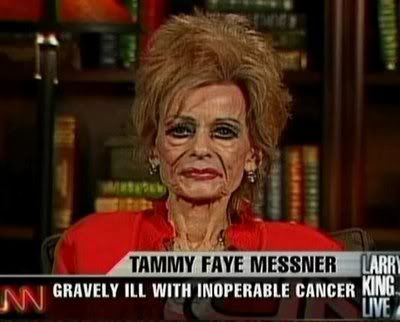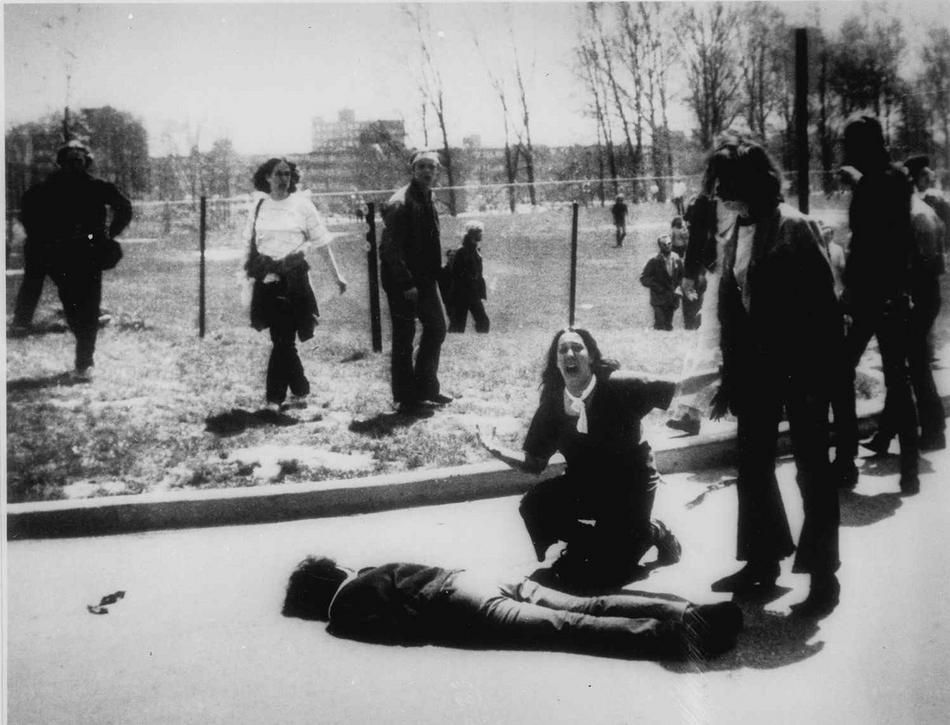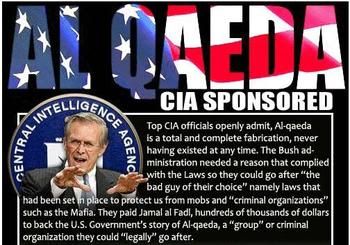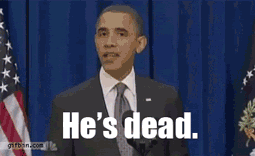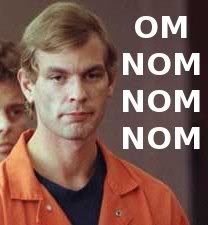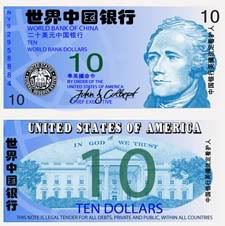
1967 was dubbed the Summer of Love, but the following summer, the summer of 1968 was filled with violence, rioting, and assassination. The War in Vietnam was dividing families as images of American troops committing atrocities against Asian families were broadcast nightly on the TV News. Civil rights crusaders were being beaten and killed. Robert Kennedy and Martin Luther King were assassinated just weeks apart. Blood flowed in the streets of Chicago at the Democratic convention. With all of this turmoil, it was easy to forget about America's pastime: baseball.
But like the nation itself, major league baseball was in its own ideological crisis during the summer of 1968. Termed the “Year of the Pitcher” 1968's baseball season was delayed two days (from April 8th to April 10th) due to the assassination of Martin Luther King Jr. Exactly 21 years earlier, Jackie Roosevelt Robinson had also made “black” history by becoming the first black player to play in the Major Leagues (followed by Larry Doby three months later for the Cleveland Indians). Those were different times though. America was freshly rejuvenated from victory against Hitler in WWII and Americans were looking forward with optimism in 1947. That autumn Jackie Robinson would appear in the first-ever televised World Series, as his Brooklyn Dodgers lost 4 games to 3 to Joe DiMaggio's crosstown titans, the New York Yankees. In many ways that kicked off a true golden era for baseball and for America. During the 50s and 60s, as the roads of America were becoming populated with muscle cars, the baseball stadiums of America were being populated with swaggering, slugging, stylish, speedy, athletic hitters: Willie Mays, Roger Maris, Mickey Mantle, Ernie Banks, Stan Musial, Duke Snider, Hank Aaron. But by 1968, the muscle cars were all found on the pitching mound. Major league baseball had become dominated by pitching in a way it never had before and it never has since. The “Year of the Pitcher” saw such memorable events as back-to-back no-hitters (by Gaylord Perry and Ray Washburn). It saw Dodger ace Don Drysdale set a record by pitching 58 2/3 consecutive scoreless innings. It saw the Mets and Astros play a scoreless game for 24 innings! It saw the average batting average for an American League hitter at an all-time low of just .230. In fact, only one American League hitter even batted over .300. Carl Yaztremski of the Red Sox hit .301 to lead the league. Meanwhile Detroit Tigers hurler Denny McLain won 30 games (the last pitcher ever to win 30 games in a season). And perhaps the greatest pitcher of the era, Bob Gibson – who had struck out 26 batters in 27 innings and pitched 3 complete game victories in the 1967 World Series – posted an unbelievable 1.12 era for the 1968 season, as he went 22-9 with 268 strikeouts and 13 shutouts. It seemed like no one in the majors could hit that year – no one except for Pete Rose that is. Rose lead the majors with 210 hits and a .335 batting average. A decade later Rose would set a NL record by having a 44-game hitting streak – second in the majors only to Joe DiMaggio's 56-game hitting streak in 1941.

It was obvious that major league baseball needed a change as many fans were becoming bored with sitting on their seats watching two guys play catch, with an occasional hit here and there. Pro football meanwhile was gaining in popularity, with its fast action and hard-hitting play, and charismatic personalities like the fur-coat-wearing QB Joe Namath, who boldly predicted and then delivered a victory in Superbowl III for his underdog New York Jets. So before the start of the 1969 season the league elected a new commissioner, Bowie Kuhn – a lawyer – and they voted to lower the pitching mound from 15 inches down to 10 inches and then officially shrunk the strike zone as well. After a bump in popularity (sparked by the Miracle Mets of 1969) major league baseball had one last great decade: the 1970s – a decade remembered for domes, astroturf, colorful uniforms (even short pants), wild promotions, a kissing bandit, wife swappers and all kinds of facial hair. A decade that was not tainted by steroid use or daily headlines of ball players who behaved badly (not that ball players didn't behave badly in pre-cable tv times – they did. But that kind of stuff just wasn't part of the narrative at that time and ball players weren't as high-paid, privileged, and egotistical at that time). It was the last decade before millionaire ball players. It was the last decade when baseball was still a game, instead of a business.
But like the nation itself, major league baseball was in its own ideological crisis during the summer of 1968. Termed the “Year of the Pitcher” 1968's baseball season was delayed two days (from April 8th to April 10th) due to the assassination of Martin Luther King Jr. Exactly 21 years earlier, Jackie Roosevelt Robinson had also made “black” history by becoming the first black player to play in the Major Leagues (followed by Larry Doby three months later for the Cleveland Indians). Those were different times though. America was freshly rejuvenated from victory against Hitler in WWII and Americans were looking forward with optimism in 1947. That autumn Jackie Robinson would appear in the first-ever televised World Series, as his Brooklyn Dodgers lost 4 games to 3 to Joe DiMaggio's crosstown titans, the New York Yankees. In many ways that kicked off a true golden era for baseball and for America. During the 50s and 60s, as the roads of America were becoming populated with muscle cars, the baseball stadiums of America were being populated with swaggering, slugging, stylish, speedy, athletic hitters: Willie Mays, Roger Maris, Mickey Mantle, Ernie Banks, Stan Musial, Duke Snider, Hank Aaron. But by 1968, the muscle cars were all found on the pitching mound. Major league baseball had become dominated by pitching in a way it never had before and it never has since. The “Year of the Pitcher” saw such memorable events as back-to-back no-hitters (by Gaylord Perry and Ray Washburn). It saw Dodger ace Don Drysdale set a record by pitching 58 2/3 consecutive scoreless innings. It saw the Mets and Astros play a scoreless game for 24 innings! It saw the average batting average for an American League hitter at an all-time low of just .230. In fact, only one American League hitter even batted over .300. Carl Yaztremski of the Red Sox hit .301 to lead the league. Meanwhile Detroit Tigers hurler Denny McLain won 30 games (the last pitcher ever to win 30 games in a season). And perhaps the greatest pitcher of the era, Bob Gibson – who had struck out 26 batters in 27 innings and pitched 3 complete game victories in the 1967 World Series – posted an unbelievable 1.12 era for the 1968 season, as he went 22-9 with 268 strikeouts and 13 shutouts. It seemed like no one in the majors could hit that year – no one except for Pete Rose that is. Rose lead the majors with 210 hits and a .335 batting average. A decade later Rose would set a NL record by having a 44-game hitting streak – second in the majors only to Joe DiMaggio's 56-game hitting streak in 1941.

It was obvious that major league baseball needed a change as many fans were becoming bored with sitting on their seats watching two guys play catch, with an occasional hit here and there. Pro football meanwhile was gaining in popularity, with its fast action and hard-hitting play, and charismatic personalities like the fur-coat-wearing QB Joe Namath, who boldly predicted and then delivered a victory in Superbowl III for his underdog New York Jets. So before the start of the 1969 season the league elected a new commissioner, Bowie Kuhn – a lawyer – and they voted to lower the pitching mound from 15 inches down to 10 inches and then officially shrunk the strike zone as well. After a bump in popularity (sparked by the Miracle Mets of 1969) major league baseball had one last great decade: the 1970s – a decade remembered for domes, astroturf, colorful uniforms (even short pants), wild promotions, a kissing bandit, wife swappers and all kinds of facial hair. A decade that was not tainted by steroid use or daily headlines of ball players who behaved badly (not that ball players didn't behave badly in pre-cable tv times – they did. But that kind of stuff just wasn't part of the narrative at that time and ball players weren't as high-paid, privileged, and egotistical at that time). It was the last decade before millionaire ball players. It was the last decade when baseball was still a game, instead of a business.






